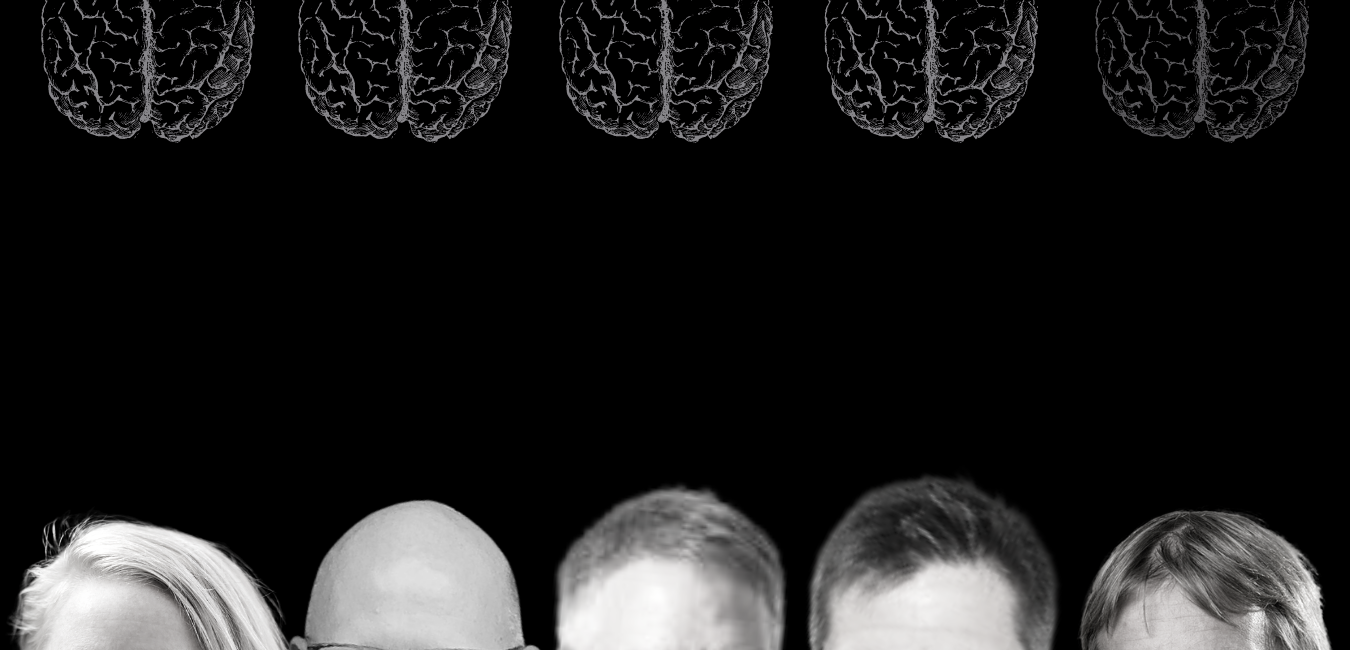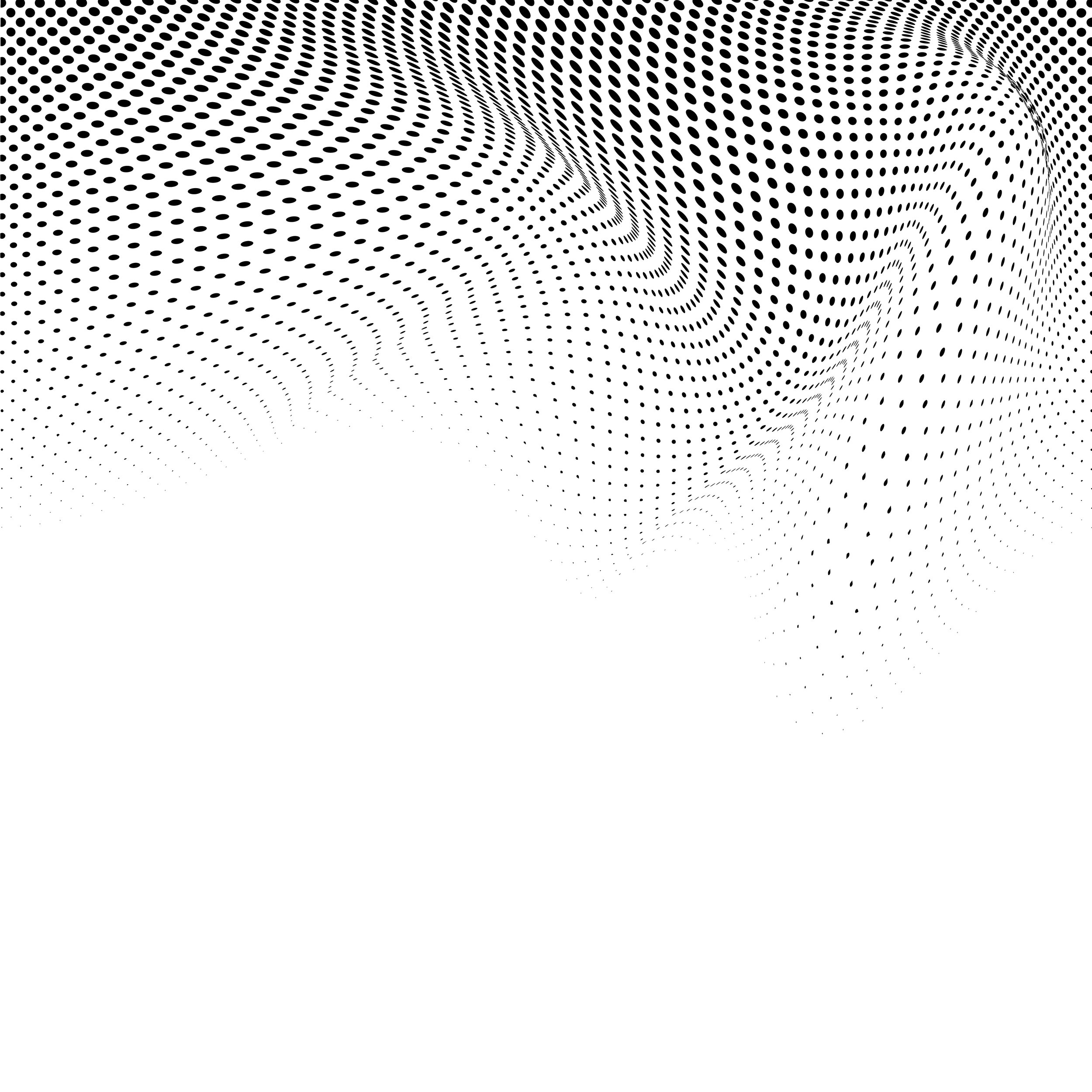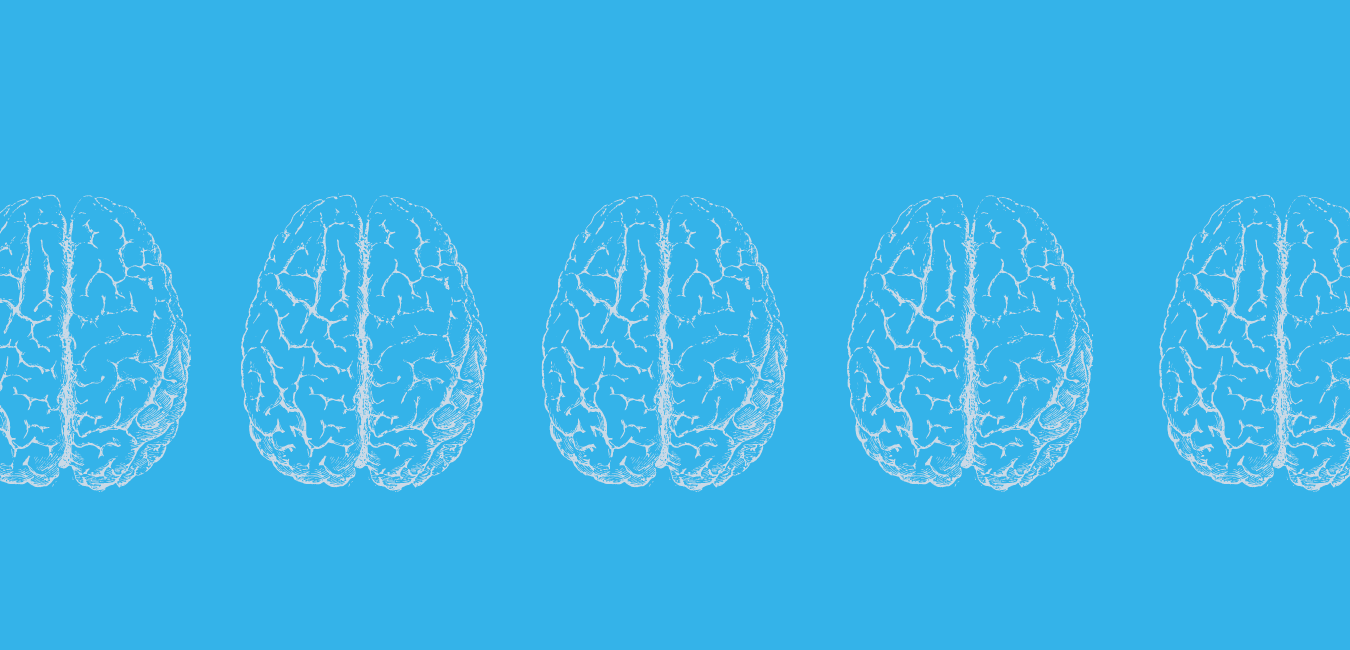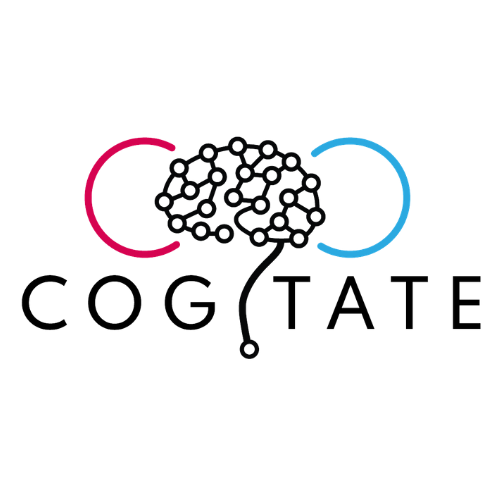
COGITATE
as a new approach to cognitive neuroscience research.

COGITATE employs an innovative framework that aims for scientific progress
-
3 NEUROIMAGING TECHNIQUES
Using three distinct neuroimaging techniques (fMRI, M-EEG and iEEG) in 500 human volunteers and patients, we build a big data resource. Each modality is standardized across 2-3 labs, to further establish the highest integrity of data reliability and built-in replicability. By blinding half the dataset to test generalizability and uploading all data into a common, cloud-based infrastructure (XNAT), we establish a trusted and rich dataset for public release.
-
7 INDEPENDENT LABS
The data collection and analysis are carried out by teams of theory-impartial experts, assuring the highest scientific standards and preventing biases from tainting our studies. Participating data collection sites include Yale, Donders Institute, Harvard, NYU-Langone, University of Wisconsin, University of Birmingham, and Peking University.
-
2 EXPERIMENTAL PARADIGMS
Two studies were carefully constructed to test contradictory predictions of the two theories (IIT vs GNWT), each being implemented via a dedicated experimental setup. The adversaries agreed to the experimental protocols and a set of outcomes supporting/challenging their respective theories. Preregistered predicted outcomes of these experiments should either support, refute, or challenge these theories, which ultimately will lead to a breakthrough in several fields of research.
Adversarial
Collaboration
Screenshot of Daniel Kahneman (Nobel Prize winner), speaking to the COGITATE Consortium about adversarial collaboration as a guest speaker at our January 2022 General Assembly.
is a practice by which two theories are simultaneously put to the test, in a joint effort of the adversaries of the two theories. The main aim is to adjudicate between the two theories: to know which one explains the studied phenomena better. This practice necessitates identifying contradictory predictions between the theories, i.e., to have a thoughtful disagreement and to devise experiments that can test those contradictory predictions. A prerequisite to engage in this practice is to let go the need to be right and to be open minded about the outcome. As such, adversarial collaboration seeks to work through disagreement in the search for answers. This practice has been popularized by the Nobel prize winner Daniel Kahneman, but it was already used over 100 years ago by Eddington in an experiment to test predictions of the General Relativity Theory. As a consortium we value diversity, we seek the most thoughtful people who see things differently. We believe that in embracing and respecting diversity, in understanding and disagreeing with others, we will understand what consciousness is and how it fits into the universe.
Open and FAIR
Open science refers to practices in which all aspects of the research process are open to the general public: from idea generation, to protocol development, to research data, to code for analysis, to publication, including open peer review. The rationale behind open science is to improve efficiency, creativity, democratization of knowledge and interested parties empowerment. Scientific knowledge, and especially that funded by taxpayer money, is conceived as a public commodity which is owned by the community at large, and that can and should be used at no cost. It enables rational and efficient use of funds, as scientific outputs can be reused to fuel further discoveries. At the same time, it makes research cost effective as knowledge is not lost and efforts do not need to be duplicated. While desirable, there are ethical and technical challenges to this approach. Scientific practices are undergoing a transformative process which should be embraced and understood by all the agents involved: researchers, institutions, policy makers, publishers, businesses, and society in general. We believe successful automation of sharing principles and reproducible data organization have educational value, improve research quality and secure sustainable translational drive. If successful, the open science movement will become the new norm, and ‘open science’ will then be simply called ‘science’.
Pregistration
We preregistered the proposed study in Open Science Framework (OSF) as an overt declaration of our strong commitment to open science practices. The experiment is preregistered under the title “Accelerating research on Consciousness: An adversarial collaboration to test contradictory predictions of Global Neuronal Workspace Theory and Integrated Information Theory”, and is embargoed on the OSF website. This embargo will be lifted once the manuscript based on the adversarial collaboration is accepted for publication
Team Science
As a whole, we believe in global, democratic, diverse, and inclusive participation as well as in responsible and sustainable science by preserving knowledge and minimizing unnecessary efforts. Through our large-scale collaboration, of 11 independent labs, spanning 3 continents and 17 timezones, our interdisciplinary team comes together to deliver research excellence and scientific progress.
Replication
Our experiments follow best science practices, using common, standardized materials across all laboratories, with two laboratories per techniques (for built-in replicability), blinding half the dataset to test generalizability and uploading of all data into a common, cloud-based infrastructure. A complimentary Electronic Laboratory Notebook project is also underway, which will support future replicability and a new standard for experimental metadata.
FAIR Workflows
A proof of concept study in the field of consciousness is a 3-year, multi-partner project funded by the TWCF, led by Datacite, aimed at building and implementing an exemplar FAIR and Open research workflow based on the reality of an entire research lifecycle. The project will produce a practical and easy to use guide for other scientists to improve the FAIRness of their own research.
Electronic Laboratory Notebook
In parallel with the COGITATE dataset, we are developing an Electronic Laboratory Notebook (ELN) that comprehensively captures the instruments, experimental protocols, and context of the experiments. We teamed up with the Neuroinformatic Unit at the Human Connectome Project to develop a web-based, easy to use ELN, to ensure metadata ingestion. Although data value and reusability depend on the richness of the metadata, there are no standard ontologies for human neuroscience. As part of an ancillary TWCF-funded project, led by Dan Marcus (XNAT), we are working on expanding previous ontologies to describe experiments. Together with the researchers who developed Blue Brain Nexus (Sean Hill), an ecosystem that allows discoverability through using a knowledge graph, we will be connecting the ELN.








